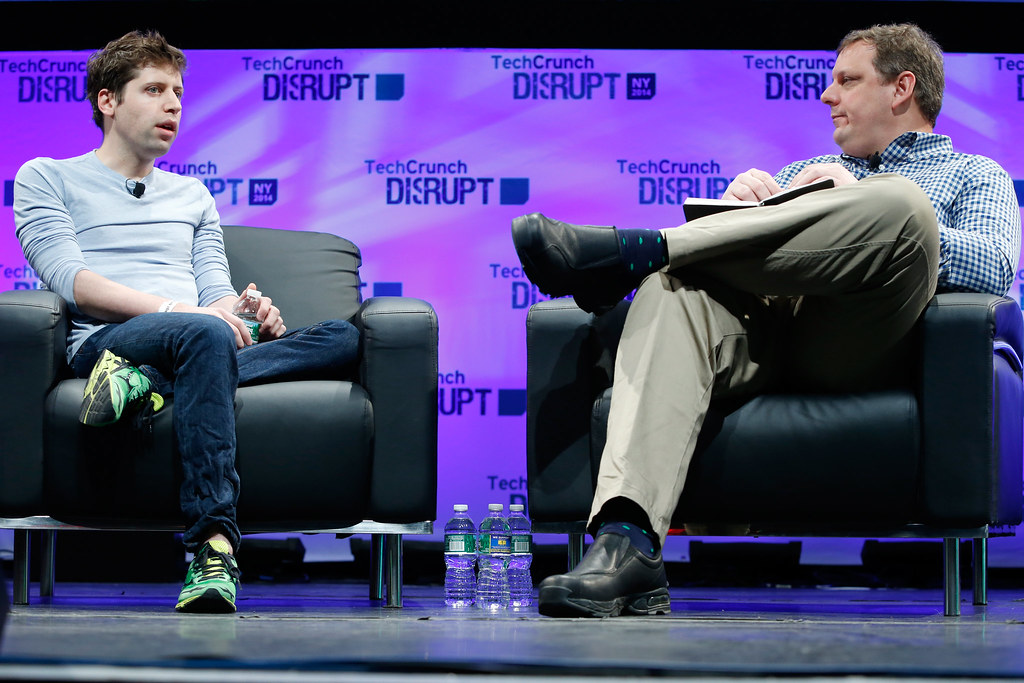
OpenAI has finalized a secondary share sale totaling $6.6 billion, a transaction that allows current and former employees to sell stock at a record $500 billion valuation. This latest valuation is up sharply from the company’s previous valuation of $300 billion earlier this year. The transaction cements OpenAI’s status as the world’s most valuable privately held company, surpassing SpaceX, which was recently valued at $456 billion.
The sale was structured as a tender offer, allowing eligible current and former employees who had held shares for more than two years to cash out some of their holdings. While OpenAI had authorized up to $10.3 billion in shares for sale, only about two-thirds of that amount ultimately changed hands. Internally, this lower participation is being viewed as a vote of confidence in the company’s long-term prospects, indicating that investor appetite remains strong, even at a $500 billion valuation.
Strategic Financing and Talent War
The share sale is OpenAI’s second major tender offer in less than a year, following a $1.5 billion deal with SoftBank in November. The buyers in this latest round included investors such as Thrive Capital, SoftBank, Dragoneer Investment Group, Abu Dhabi’s MGX, and T. Rowe Price. In a statement, MGX expressed pleasure at being a “core partner” and a “significant investor across multiple funding rounds.”
This transaction comes amid intensifying competition for AI talent. Meta, in particular, has reportedly offered nine-figure compensation packages in a bid to recruit top researchers. OpenAI is among a growing cohort of high-profile startups—including SpaceX, Stripe, and Databricks—that are using these secondary sales to reward long-term employees and retain talent without having to pursue a full Initial Public Offering (IPO).
What The Author Thinks
This massive secondary share sale, while a financial success, highlights the immense and potentially unsustainable costs of the AI arms race. The $500 billion valuation is a clear market bet that OpenAI will dominate the future of computing. However, the use of secondary sales to reward employees is a critical strategy to retain talent while the company continues to burn billions on infrastructure and research. This model suggests that the AI gold rush is being sustained by a collective investor belief that the technology will ultimately generate trillions in returns, a faith that is necessary to fund the exponential capital expenditures required to stay ahead of rivals like Meta and Anthropic.
Featured image credit: TechCrunch via Flickr
For more stories like it, click the +Follow button at the top of this page to follow us.
